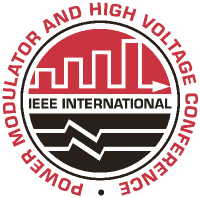Speaker
Richard Thomas
(Army Research Laboratory)
Description
With the advancement of high voltage silicon carbide insulated- gate bipolar transistors (IGBTs) and metal oxide semiconductor field effect transistors (MOSFETs) with voltage hold-off ratings of 10kV and above and current ratings of 5A and above, possible uses for continuous power applications are being explored. Switching high voltage and high current typically requires a costly test circuit comprised of large capacitances, power supplies and elaborate loads to provide and then dissipate the power before incorporating these experimental devices in a final circuit where other components of value may be exposed to extreme stresses. The Solid State Power Emulator (SSPE) is a system in which the device being evaluated can be subjected to the power demands that it would see in its particular switching application it is being evaluated for. The benefit of the SSPE is that it reduces the needed power capability of the power supply and load by at least 80% and provides a significant reduction of the energy needed in the evaluation circuit capacitor. These benefits will be demonstrated in the evaluation of the Cree newest generation of 1200V 50A silicon carbide MOSFET by way of the SSPE. The SSPE will subject the device to hard switching application waveforms and soft switching application waveforms with various switching frequencies. The power required to perform these types of evaluations with the SSPE and typical evaluation circuits will be compared and discussed.
Primary author
Richard Thomas
(Army Research Laboratory)
Co-author
Prof.
Stephen Bayne
(Texas Tech University)
